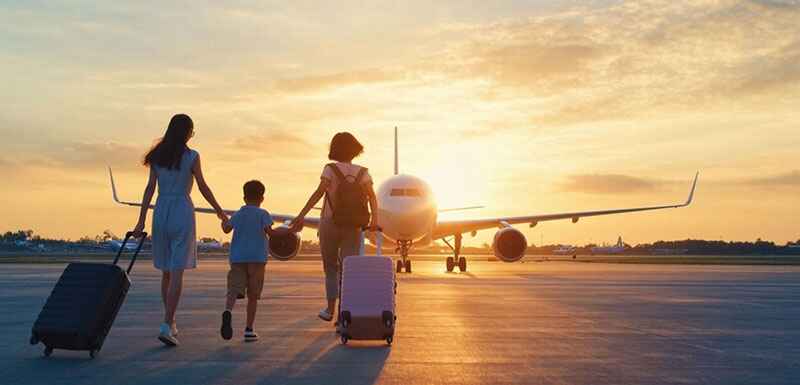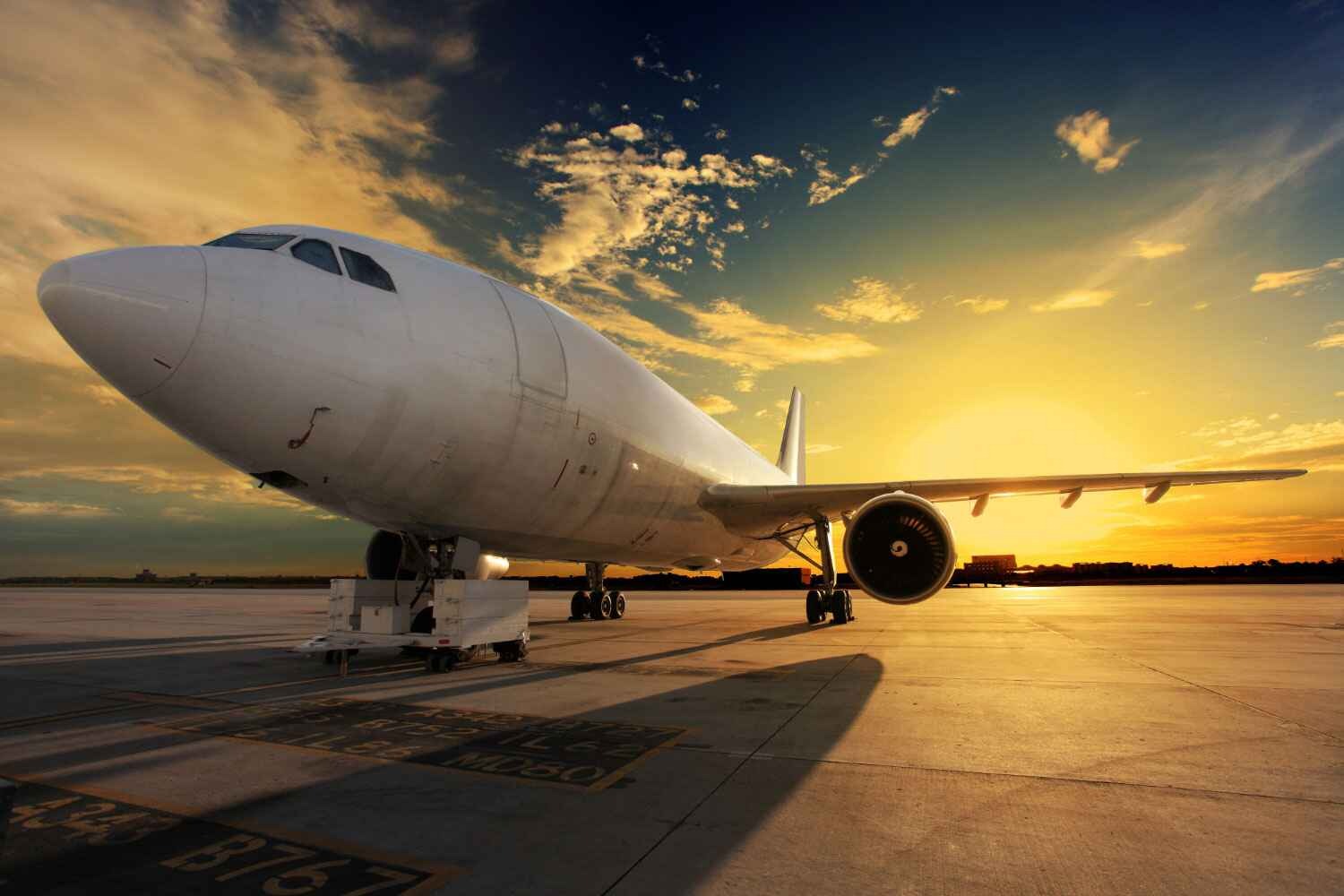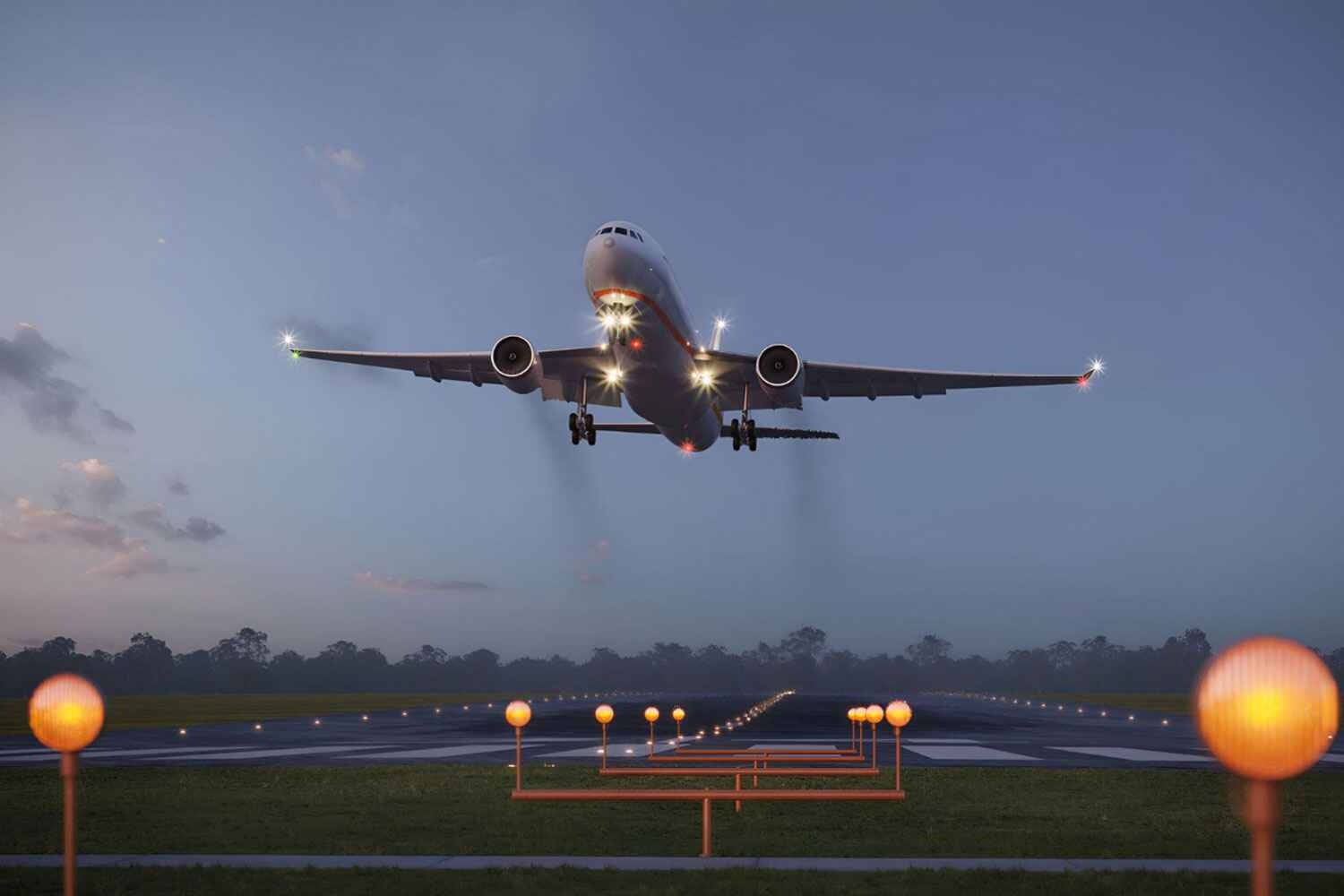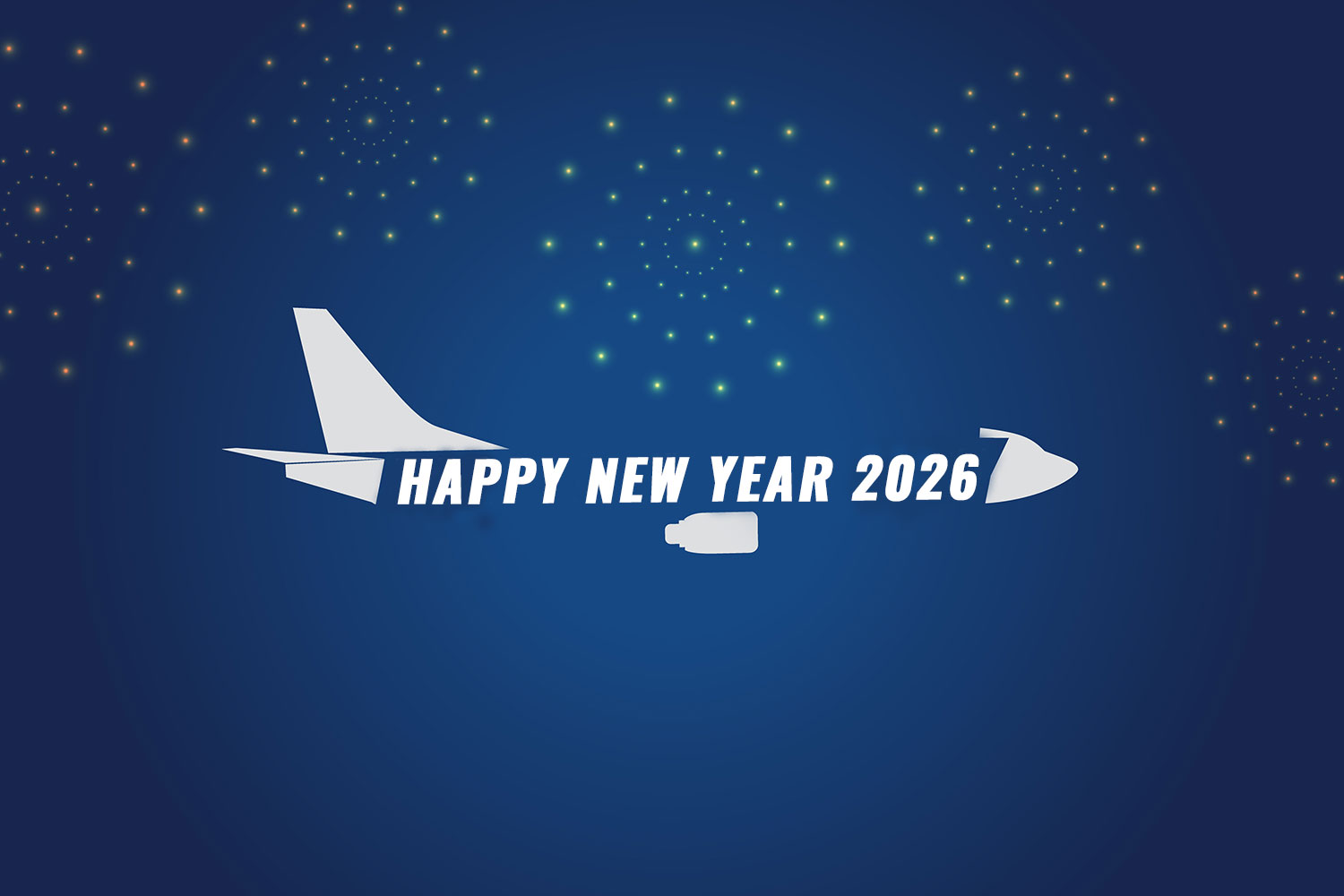Planning a trip, whether for work or pleasure, involves more than merely getting from point A to point B. It all comes down to how smooth, stress-free, and dependable the whole process feels. For this reason, many people in the travel industry have been interested in news from the Lufthansa Group.

The aviation giant, which owns Lufthansa, Swiss, Austrian Airlines, and Brussels Airlines, has announced a new step in bringing its airlines even closer together.
And while that might sound like a behind-the-scenes corporate update, here’s the real story: it’s a change designed to make your travel smoother, more connected, and a lot more efficient.
Let’s break it down in simple terms—and look at how it might affect you the next time you are going to do a Lufthansa Airlines booking with First Fly Travel.
What’s Changing in the Lufthansa Group?
The Lufthansa Group isn’t a small player. With four of Europe’s most important airlines under its umbrella, it already carries millions of passengers every year, connecting cities across Europe and the world. For over a decade now, the group has been coordinating its long-haul schedules centrally. In other words, if you were flying from New York to Zurich and then connecting to Vienna, the schedules were planned with one big picture in mind.
Now, Lufthansa wants to apply that same level of smart coordination to its short- and medium-haul networks as well. Instead of each airline operating and planning its routes in isolation, the group will oversee them collectively. Additionally, they provide comfortable red-eye flights, as per the customer’s review.
Think of it as different musicians in a band coming together under one conductor. Each still plays its own instrument, but the harmony? Much better for the audience.
How Does This Benefit Travelers?
At First Fly Travel, we believe that travel should feel like a story unfolding smoothly, not like a puzzle you have to solve. The Lufthansa flights move is a step toward exactly that:
-
Better Connections: If you’re flying with multiple airlines from the group (say, Lufthansa on one leg and Swiss on another), expect schedules that fit together more naturally. Less waiting. Fewer awkward layovers.
-
Faster Decisions: The group says integration will make it easier and quicker to adjust flights, schedules, and operations. That means when disruptions happen (and let’s face it, they sometimes do), solutions can be found faster.
-
More Efficient Services: Behind the scenes, efficiency saves airlines money—but it also translates into better logistics for travelers. From check-in to baggage transfers, smoother coordination becomes the norm.
-
A Familiar Touch: Lufthansa has made it clear that each airline will keep its own identity. That means Swiss will still feel like Swiss, Austrian like Austrian, and Lufthansa like Lufthansa. You’ll still enjoy their unique in-flight meals, cultural touches, lounges, and service styles.
In short, you get the best of both worlds—familiar experiences with increased efficiency.
The Human Side of Travel
Frequent travelers are aware that the planes themselves aren't necessarily the largest difference. The simplicity of navigating airports, the knowledge that your connection would wait in case of delays, or the straightforward delight of a reward app that genuinely functions across various carriers without causing hassles are all important factors.
The Lufthansa Group’s ongoing centralization of apps, IT systems, and loyalty programs means fewer complications for you. For example, its Miles and More loyalty program—already covering multiple carriers—will likely become even more streamlined, allowing you to earn and redeem points across airlines without friction.
And with the group emphasizing digital innovation under Chief Technology Officer Grazia Vittadini, we can expect smarter solutions soon. Imagine clearer communication on delays, better tools to rebook from your phone, and AI-driven services that help personalize your journey without adding stress.
What Stays the Same
Does this imply that every airline in the Lufthansa Group will have the same attitude? Absolutely not. According to Lufthansa, each airline will continue to be in charge of its own distinct passenger experience. Austrian will maintain its Viennese charm, Brussels Airlines will continue to represent its Belgian heritage, and Swiss will continue to display its unique Swiss hospitality.
This balance—of maintaining individuality while achieving tighter coordination—might just redefine how airline groups operate in the future. For you as a passenger, it means added reliability but no loss of the cultural identity you enjoy onboard.
Looking Ahead: 2026 and Beyond
The Lufthansa Group plans to have this reorganization in place by January 1, 2026. That may sound like a distant date, but in the world of aviation, integration at this scale requires careful planning. From IT systems to scheduling, thousands of moving parts need to be aligned.
By the time you’re planning trips in 2026, though, you could already see the benefits:
-
Shorter connection times across Europe.
-
A single support system when flying multiple Lufthansa Group airlines.
-
More personalized travel options through smarter apps and digital tools.
And let’s not underestimate the peace of mind it brings—knowing that the different airlines you fly with aren’t competing against each other, but working as one team to get you to your destination.
Why This Matters for First Fly Travelers
At First Fly Travel, we don’t just connect you to flights—we connect you to experiences. A change like this in the aviation world matters because it directly affects the journeys of our customers. Whether you’re flying to visit family, closing a business deal, or exploring new parts of the world, these small behind-the-scenes changes mean fewer hiccups and more time to focus on the purpose of your trip.
The Lufthansa Group is setting an example in how airline networks can adapt to today’s traveler needs: quicker responses, smarter tech, and connected services. And for us at First Fly, that means being able to offer you even better connections, deals, and overall service when booking Lufthansa last minute flights.
Final Thoughts
Air travel is constantly evolving. Airlines aren’t just thinking about planes anymore—they’re thinking about the entire ecosystem: schedules, apps, baggage systems, and how it all flows together. The restructuring of the Lufthansa Group serves as a reminder that even the largest international airlines understand how important it is to strike a balance between passenger satisfaction and efficiency.
The message for passengers is straightforward: traveling with Lufthansa appears to be getting easier, smarter, and more connected in the future.
Here at First Fly Travel, we’re excited to see how these changes unfold, and we’ll continue to make sure your journeys—whether to Europe or beyond—are guided by the same values of ease, trust, and comfort. While you are in search of Lufthansa airline tickets or United Airlines tickets, we will guide you in any of the airlines; you just have to make a call.
Because at the end of the day, traveling isn’t only about flying. It’s about how you feel before, during, and after the trip. And when airlines take steps to put passengers first, everyone wins.




